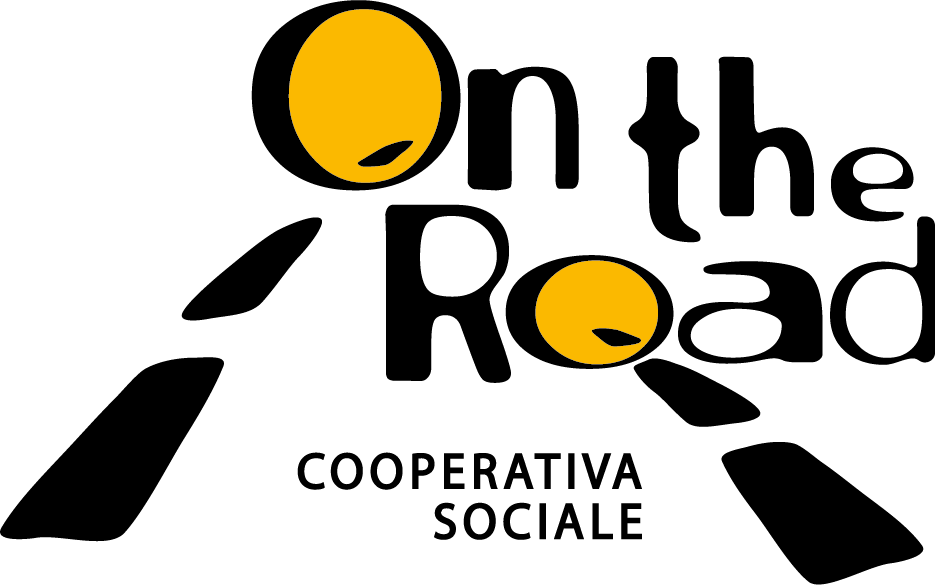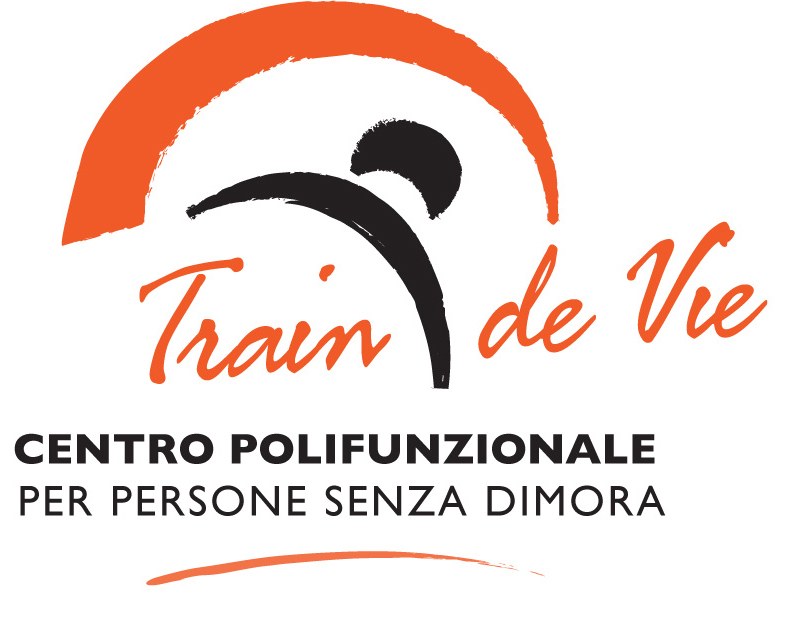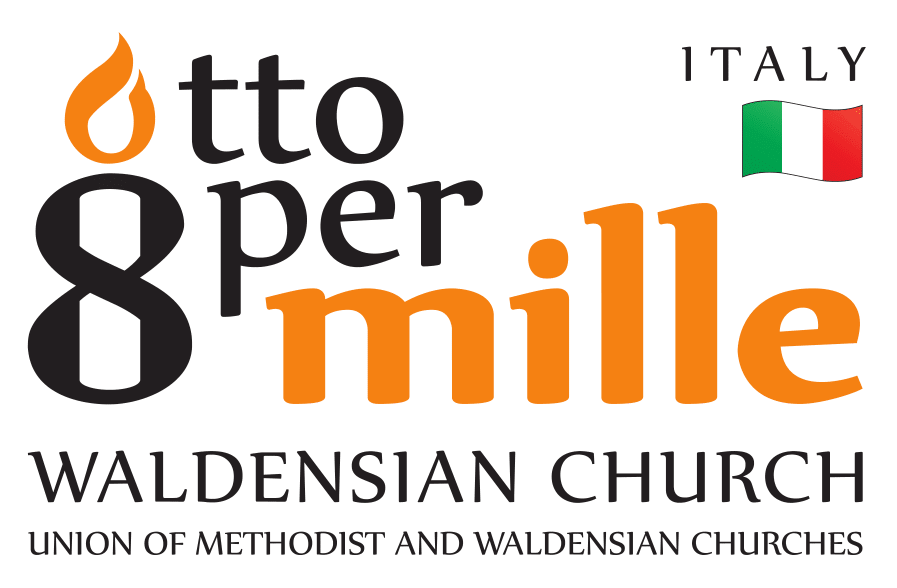HOW WE OPERATE
Fundamental Needs
The Train de Vie centre is a protected meeting and socializing place where homeless people can take advantage of some basic aids like food, a canteen service with takeaway meals, toilet facilities that can also be used by disabled people, showers, laundry, clothes distribution, hairdresser, and barber. All services are available from Monday to Saturday in daylight hours.
Integration Processes
In the centre, we also provide a low frequency Help Desk, accessible to everyone. From this network node, we see passing or starting individual and social inclusion processes, where our guests can benefit from mediation and conflict management, guidance and support in job seeking, social and housing reintegration, psycho-social counselling, individual interviews for social secretariat, legal counselling, psychological sessions and guidance towards a possible way out and rehabilitation, support for social welfare services in the area, referral to local support organizations and assistance facilities, and anti-human trafficking desk.
A telephone number is available to homeless persons, but also to the entire community, to the Services and the Police, to seek for help, send reports, provide information, and activate assistance measures.
Cultural Activities
Train de Vie is also a cultural area, with a library and a reading room, where we have TVs, radios, and newspapers, a computer station, and table games available.
Here we promote theatre workshops, dance, music therapy, creative art and writing, cineforum, Italian language courses, computer science and journalism, and collaborate with the editorial of the magazine “Shaker – Pensieri senza dimora” (Shaker – Homeless Thoughts).
This is not just an environment dedicated to homeless people, but a real cultural centre open to the whole community, where we work to promote the culture of marginality. We organize debates, parties, meetings, gatherings, supportive aperitifs, fundraising events, shows, concerts, markets, and much more.
Mobile and Train Units
We go out with our road units to Pescara railway station, trains and surrounding areas to make contact with people who reside there, learn their needs and offer an immediate response to help them.
We distribute food, clothes and blankets, we offer listening and spread information material for health prevention in the languages of the country of origin of the people involved. We take care of the deviance and marginality phenomena, their dynamics and evolutions, and we work to reduce the damage and risks to which the target is subject.
As an accredited anti human trafficking organization, we work to identify and care about human trafficking victims, we help them and support them towards autonomy.
Research and data collection
We carry out a constant and careful mapping of the phenomenon and continuous updating of the database with information on the number of homeless people we get in contact with, the places and characteristics and problems found, as well as an analysis and mapping/monitoring of the quantity and quality of local services.
This database is shared with ONDS, the National Observatory on Disadvantage and Solidarity in Italian Stations, and is aimed at investigating the characteristics of homeless people by detecting the aspects of living in their usual places or of their transit and their specific needs, and to promote interchange between projects and cities in order to optimize the resources.




